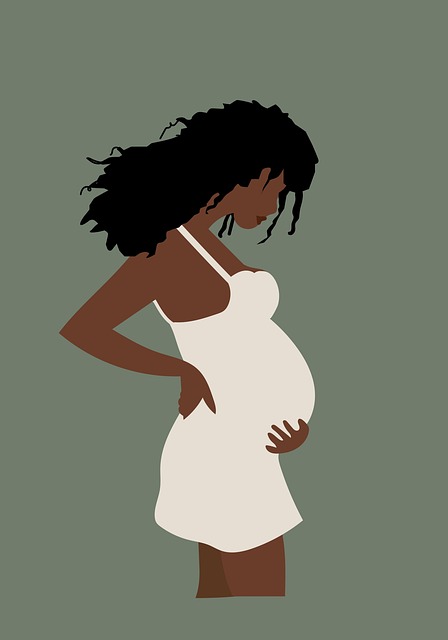Let’s be real—these days, we’re all about that picture-perfect life. Perfect hair, flawless nails, and of course, those dazzling white teeth! With so many celebrities and influencers flaunting their bright smiles, it’s tempting to want to jump on the teeth whitening bandwagon. But if you’re pregnant or breastfeeding, you may be wondering if it’s safe to use those whitening products. So many choices out there, from strips to toothpaste to fancy blue light therapies! Do these products pose any risks?
First, it’s essential to know that every pregnancy carries a baseline risk of about 3-5% for potential birth defects. This is referred to as the background risk. When we discuss increased risks, we mean any risks above this baseline. Now, let’s break down some of those popular whitening products and their ingredients.
1. Whitening Strips
Most of these strips contain ingredients that haven’t been thoroughly studied in pregnant or breastfeeding individuals. Generally speaking, if used as directed (and not ingested), they are unlikely to cause significant harm. For instance, carbamide peroxide breaks down into harmless substances when it interacts with your teeth. While hydrogen peroxide is included for its stain-fighting properties, it also breaks down into safe byproducts. Sodium hydroxide, glycerin, and menthol also appear in these products; however, there’s limited data on their effects during pregnancy or lactation.
2. Whitening Toothpastes
Popular ingredients here include sodium monofluorophosphate (MFP) and sodium fluoride. MFP is used to boost fluoride levels in enamel, while sodium fluoride helps prevent cavities. Neither has been extensively studied in pregnant women, so caution is advised. Overconsumption of these can affect baby’s dental development, but while small amounts can enter breast milk, they’re not expected to harm a breastfeeding infant.
3. Blue (LED) Light Therapy
This trendy method is often used alongside whitening gels. While there’s not much research on its safety during pregnancy or lactation, the light itself is unlikely to cause problems.
4. Other Ingredients
Be cautious with herbal products, as they aren’t regulated by the FDA, making it hard to assess their safety. Also, avoid alcohol during pregnancy; while topically applied whitening products may not deliver significant amounts into your system or milk, opting for alcohol-free options is wise.
If you’re curious about your choices, check out our blog on first-trimester care to stay informed. And if you’re looking for reliable at-home kits, Make A Mom offers some fantastic options.
In summary, while many teeth whitening products are unlikely to pose significant risks when used correctly, it’s always good to consult a healthcare professional for personalized advice. Clean teeth can boost your confidence, but safety comes first!

